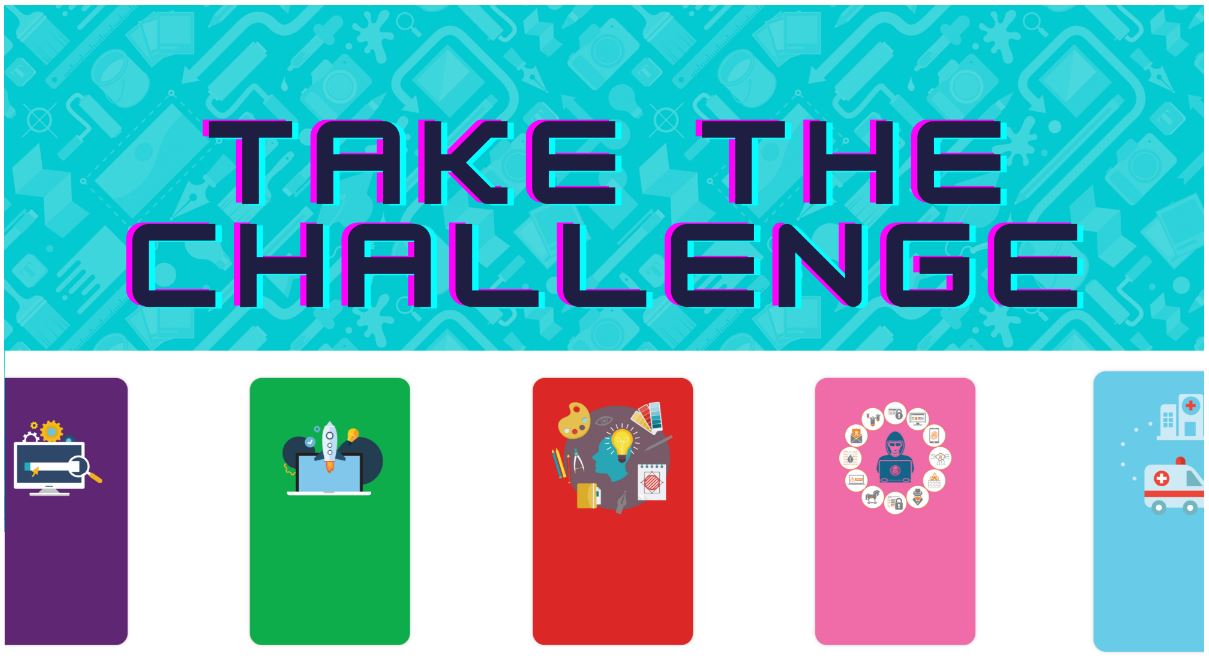Challenges
Challenge Mindset: Working on challenges helps you gain experience, knowledge and skills. Rather than beginning a career search with a job title or a major, start with what you know and value. Identify struggles in the world that are important to you, learn about these challenges from different perspectives, get involved in efforts to tackle these challenges, connect with others who are interested in these challenges and before you know it... you've begun your career path.
Challenges are expansive, so you'll need to educate yourself on how the challenge presents itself in many facets, approaches, perspectives, contexts and environments. Here are some ways to explore how challenges present themselves in your everyday life:
Take classes that relate directly and indirectly to your top challenges; Align the concepts and skills you're developing in your classes back to tackling your top challenges; Reflect on connections between classes, your experiences and your top challenges; Talk with your friends, classmates, faculty, co-workers, etc about the connections you're making.
Learn more about the complexities of the challenges you seek to work on. Do google searches, read books, websites, listen to podcasts, watch documentaries.
Learn to think like an employer, understand their purpose, their impact, their challenge. All organizations are solving problems or creating opportunities, usually through a product or service. Career exploration is about seeking industries and employers tackling challenges that interest you.
Instead of aligning yourself with the identity of a job title - teacher, therapist, or lawyer - align yourself with the work a job title does - who are you helping, how are you serving, what knowledge are you using, and where are you. To seek a meaningful challenge(s) learn more about the problems to be solved, the organization(s) tackling these problems, their needs, and the interesting people working on your challenge. When you find interesting people, you will find the job titles and the variety of pathways to your great job.
Get involved in Registered Student Organizations, connect with faculty conducting research on your area, volunteer with nonprofits working to tackle your challenges.
Career development is about building your strengths, skills, and knowledge with purpose. Completing an internship serves multiple purposes: validate a career interest, decline a career area, provide the environment to practice your strengths and skills, develop your professional reputation, and grow your network of professionals.
